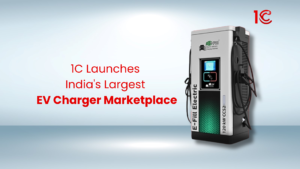
Menu
Menu
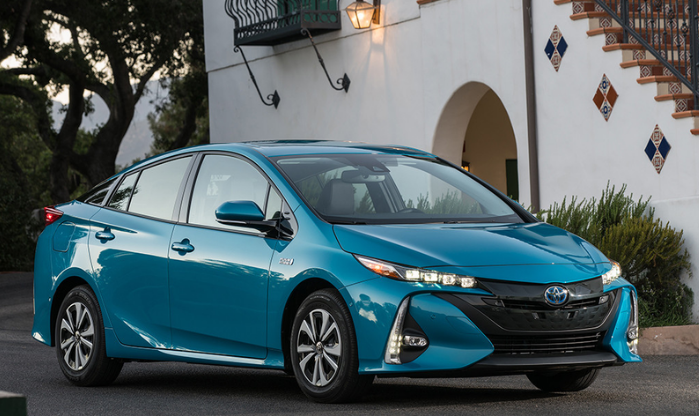
Choosing between a new and used electric vehicle hinges on factors like budget and preferences. Opting for a used EV can offer cost savings, especially for older models, but it requires careful consideration. Factors include market variables, availability, operating range, battery condition, warranty transfer, mechanical inspection, and a title check to ensure a sound investment. Assessing these aspects will help you decide whether a new or used EV aligns better with your needs and circumstances.
It is important to understand the various pros and cons of purchasing a used EV.
The condition and remaining life of the battery significantly impact the overall value of a used EV. Use this information to negotiate a fair price based on the battery’s current state.
Replacing an EV battery is a significant expense. Knowing whether the battery has been replaced provides insights into the potential longevity of the vehicle and any additional costs you might incur.
Check the remaining battery warranty, as it can be crucial in case of unexpected issues. Understanding the warranty coverage helps assess potential repair costs and provides peace of mind.
A well-maintained EV is likely to have a healthier battery. Inquire about the vehicle’s maintenance history, focusing on any battery-related services or repairs performed.
Knowing the charging capacity of the battery helps gauge how quickly the EV can charge and the potential driving range. Consider if the charging capacity aligns with your expectations and needs.
Assess your daily driving needs and choose a used EV with a range that comfortably accommodates your typical travel distance. This ensures that the vehicle meets your daily requirements without causing range anxiety.
Different EV models have varying charging speeds. Understand the charging rate of the specific model you’re interested in, considering how fast you need to charge and the availability of compatible charging infrastructure.
Evaluate the availability of charging infrastructure in your area. The convenience of accessing charging stations can influence your decision, especially if you rely on public charging for daily use.
Explore potential financial incentives or rebates offered by government programs or utility companies for purchasing an electric vehicle. These incentives can significantly impact the overall cost of ownership.
Ensure that the used EV comes with all necessary charging accessories. Missing components could result in additional expenses and inconvenience when setting up your charging infrastructure.
The decision between purchasing a new or used electric vehicle depends on individual preferences and budget considerations. When opting for a used EV, careful evaluation of factors such as battery condition, maintenance history, and charging infrastructure is crucial. The benefits include reduced maintenance costs, smoother driving experiences, and potential cost savings, challenges such as battery degradation, outdated technology, and uncertainties about battery life should be considered. Thoroughly examining these aspects and using bargaining tools related to battery life and maintenance can ensure a well-informed and satisfactory investment in a used EV.
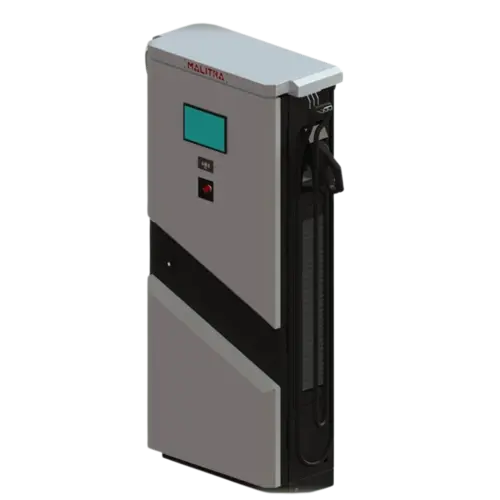

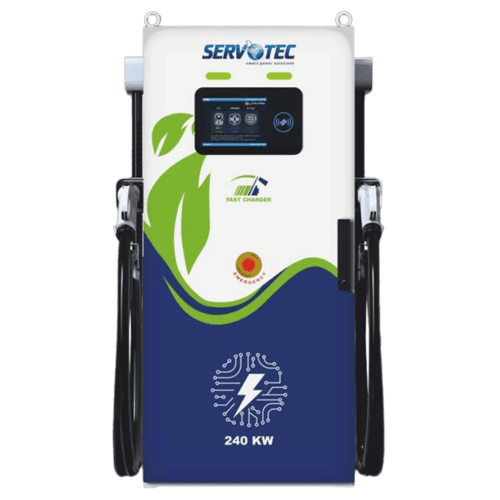
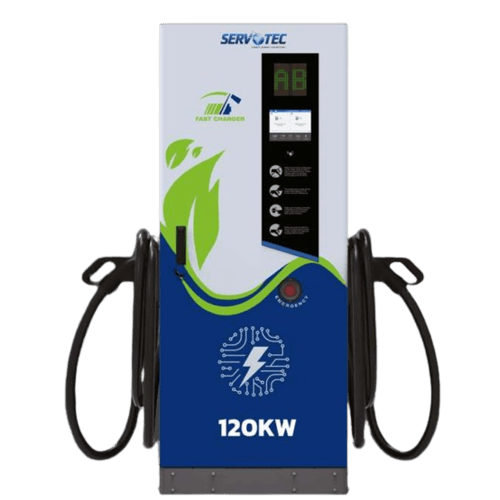
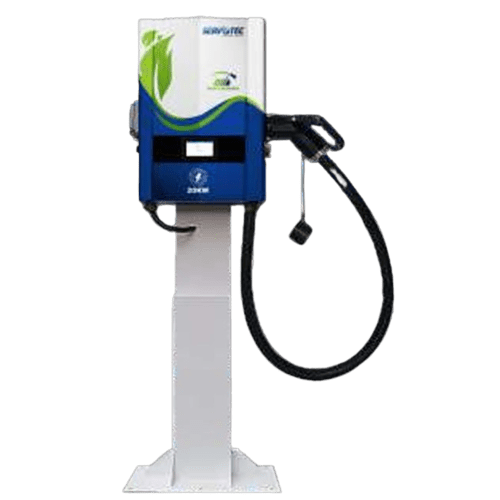
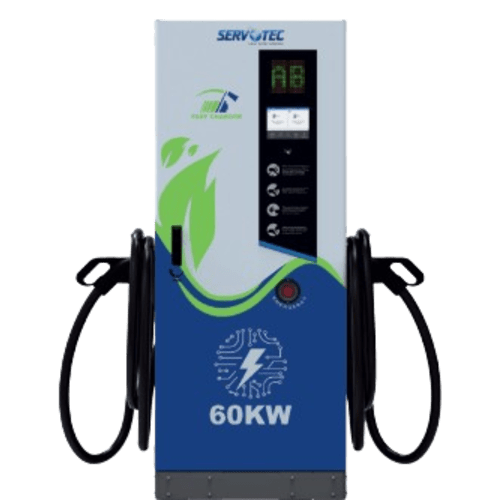
© 2024 Massive Mobility Private Limited. All rights Reserved